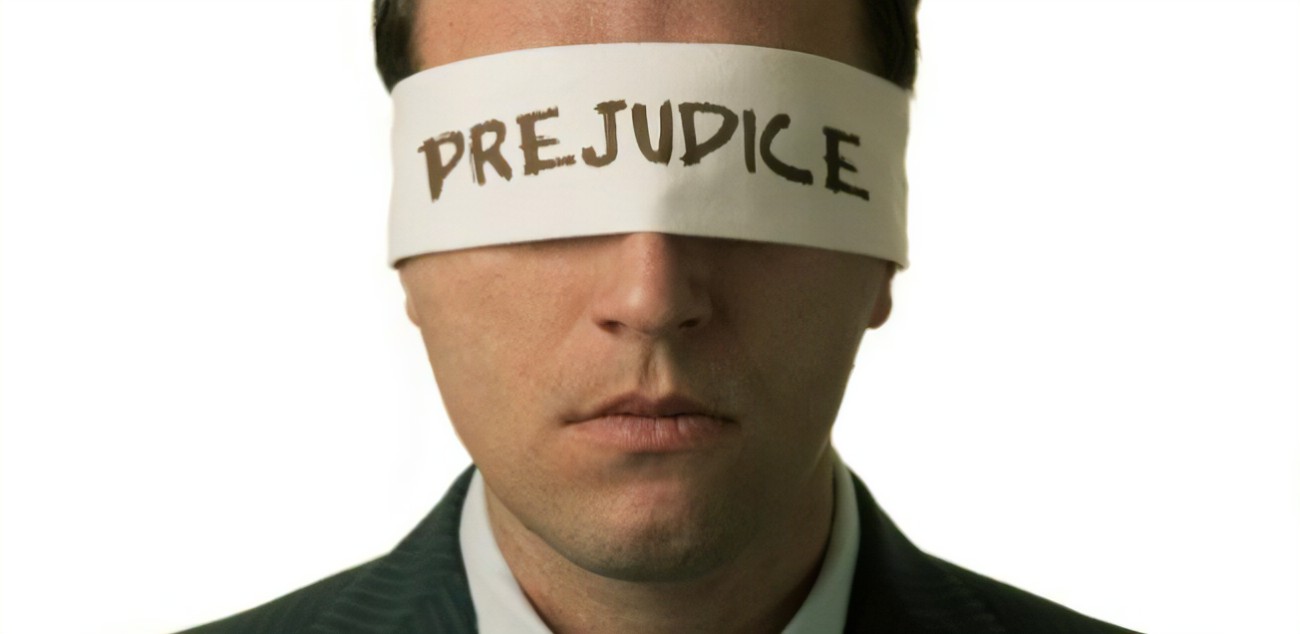Prejudice is defined as (1) a preconceived judgment or opinion (2) an adverse opinion or leaning formed without just grounds or before sufficient knowledge, and it is a nearly universal human experience. The term, prejudice, can be used to describe preconceived notions about people as well as ideas. Common features of prejudice include:
- Negative feelings
- Stereotyped, unexamined beliefs
- Discrimination against a person or group based on race, sexual preference, religion, culture, and more
Prejudice is a bad thing because of its strong tendency to view everybody in a particular group as being all the same. Examining the differences between members is never done simply because there is no opportunity to know them as anything other than the most superficial way.
A big assumption of prejudice is that one’s understanding is the only, correct understanding. No one can say anything that will change one’s mind. So, vaccines are the source of the problems we are having with Covid. A parasite medicine can cure or prevent Covid. A particular religion is responsible for terrorism or a particular religious position is liberal and not based on truth. The list of prejudices goes on.
Prejudices form because of the human need for categories which help us to sort the vast choices ad information we encounter every day. By sorting people, ideas, and objects into different categories makes the world easier to understand. For some things this is helpful like categorizing different green bean brands at the grocery store. You know that Brand X is the best quality or best tasting, eliminating the need to spend time reading and thinking when you go to the grocery store.
However, such categorization doesn’t work in human terms, because of the infinite variety that humans come in. Unlike green beans, you have to spend time with humans in order to get to know them. Growing up in the South, I used to think that Northerners were aloof and unfriendly. Until I lived in the North. I found that my neighbors were, indeed, a little more reserved, but I also found that they were incredibly warm and generous. The prejudice or stereotype of my youth didn’t work.
Prejudices prevent growth in wisdom and knowledge. They are like a stone wall, past which no one can go. So how do you diminish the influence of prejudices?
- Think about what prejudices others have about you. What does that feel like, and how might you go about helping them to know you?
- Educate yourself about other groups. (Don’t read the stuff by people who share your prejudices. Listen to someone else for a change.)
- Spend time with members of other groups. Invite them to your home.
- Engage in open conversations with others about prejudices. Take a risk and talk to someone about whom you have prejudices.
- Think about what influences shaped your prejudices.
Prejudices fall in the presence of good information. Get good information.

